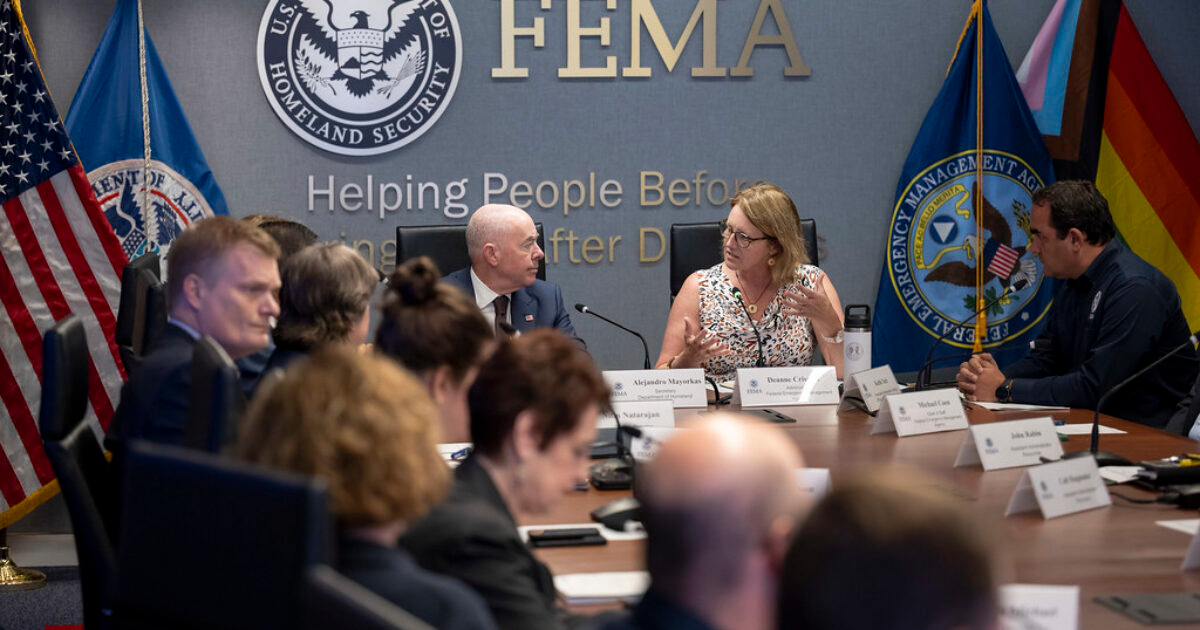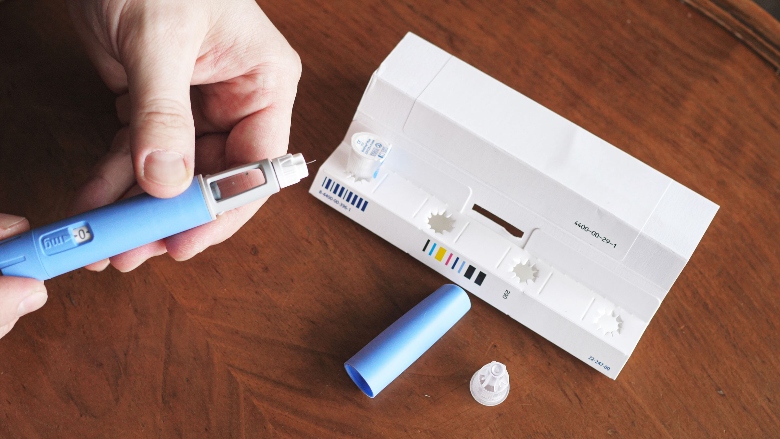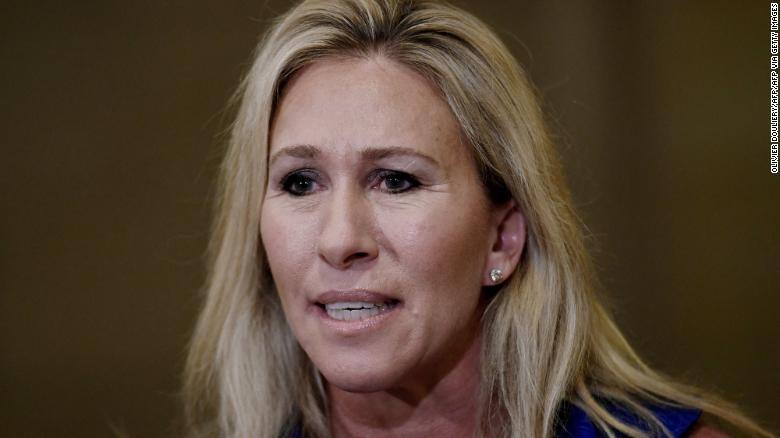In a trial that captivated the nation, Marine veteran Daniel Penny has been found not guilty of criminally negligent homicide in the subway chokehold death of Jordan Neely, a decision that reaffirms the jury’s recognition of the complexity of self-defense in volatile situations. Penny, 26, had been charged with second-degree manslaughter and criminally negligent homicide for his role in Neely’s death on a New York City subway in May 2023.
After more than 20 hours of deliberation, jurors signaled they could not reach a unanimous verdict on the manslaughter charge, leading the judge to dismiss it. This left only the charge of criminally negligent homicide, on which Penny was ultimately acquitted. The decision brings to a close a contentious legal battle that raised significant questions about public safety, mental health care, and personal responsibility.
On May 1, 2023, Jordan Neely, a 30-year-old street performer known for his Michael Jackson impersonations, boarded an F train in SoHo. Witnesses reported that Neely was shouting, throwing objects, and making threats, creating an atmosphere of fear among passengers. Neely’s erratic behavior was consistent with his well-documented struggles with mental illness and homelessness, exacerbated by the trauma of his mother’s murder in 2007.
Penny, a Marine veteran traveling on the same train, acted to restrain Neely, fearing for the safety of others. A widely circulated video showed Penny holding Neely in a chokehold for several minutes while another passenger assisted in subduing him. Tragically, Neely lost consciousness and was later pronounced dead despite officers’ attempts to revive him. Toxicology reports indicated that Neely had synthetic marijuana in his system at the time.
The case quickly became a lightning rod for public discourse. Critics framed Neely’s death as an example of excessive force, while Penny’s supporters highlighted the dangers passengers faced and praised Penny for stepping in to protect others. Protesters demanded Penny’s arrest, and he was charged with second-degree manslaughter and criminally negligent homicide.
During the trial, the prosecution sought to prove that Penny acted recklessly and unjustifiably, causing Neely’s death without considering other methods of de-escalation. Meanwhile, the defense argued that Penny acted responsibly in a chaotic situation where other options were neither feasible nor safe.
The jury, composed of a diverse group of men and women, heard testimony from multiple witnesses, including passengers, MTA employees, and law enforcement officers. Expert witnesses provided conflicting opinions on the cause of death, with the medical examiner ruling Neely’s death a homicide caused by neck compression, while a defense pathologist disagreed. Penny’s Marine Corps martial arts instructor also testified, emphasizing that the chokehold technique was not intended to kill but to restrain.
The jury began deliberations on November 5, 2024. Over four days, they carefully reviewed evidence, including video footage, Penny’s police interview, and testimony transcripts. The jury sent multiple notes to the judge requesting clarifications and specific evidence. On the morning of November 8, they informed the court they were deadlocked on the manslaughter charge. Consequently, the judge dismissed the manslaughter charge, and deliberations continued on the lesser charge of criminally negligent homicide.
In the end, the jury found Penny not guilty. This verdict reflects their acknowledgment of the challenges Penny faced in that moment and their belief that his actions were justified under the circumstances.
Penny’s acquittal has been met with relief by his supporters, who see the verdict as a victory for common sense and personal courage. They argue that Penny’s actions, while tragic in their outcome, were necessary to protect innocent lives in a high-pressure situation. This trial has reignited debates about the balance between public safety and the need for greater investment in mental health care and social services.
Critics of the verdict have expressed concern about the precedent it sets, arguing that it might embolden others to take potentially dangerous actions in public spaces. Advocates for Neely have called for systemic change to address the root causes of homelessness and mental illness.
Following the verdict, Penny expressed gratitude to his legal team and supporters, reaffirming his belief that his actions were meant to safeguard others. “This has been an incredibly difficult time for everyone involved,” Penny said. “I acted to protect passengers in what I believed was a dangerous situation. My heart goes out to Jordan Neely’s family. I hope we can work together as a society to prevent tragedies like this in the future.”
The Daniel Penny trial has underscored the importance of understanding the context of self-defense and public safety. While the death of Jordan Neely is a heartbreaking tragedy, the jury’s verdict reflects the principle that individuals who act in good faith to protect others should not be criminalized. As the city grapples with its ongoing mental health crisis, the case serves as a reminder of the urgent need for solutions that prioritize both compassion and security.




what took the Jury so long to find this hero not guilty?????….It would take me about 2 seconds to reach the same conclusion..
Good riddance
Now get rid of Bragg He is guilty of -prejudice against the man who saved many lives on that subway train..
I think fat Albert needs to be disbarred due to racism against white, blue eyed people look what he tried to do our president…not Biden..Biden is our illegal puppet for Obama..a guaranteed communist